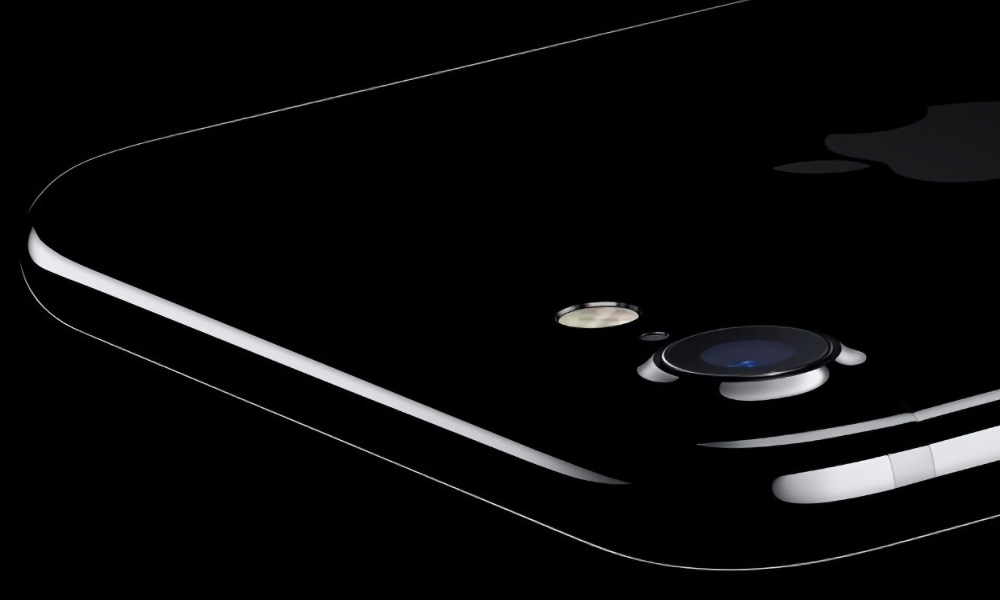

Apple in 2023 agreed to pay $35 million to settle a class action lawsuit in the United States that alleged that the company’s iPhone 7 and iPhone 7 Plus smartphones included a defective chip that made them prone to audio issues. The company has now started notifying eligible iPhone customers by email.
Apple was sued over the issue in several U.S. states in 2019, with the lawsuits alleging that the company violated consumer protection laws and breached warranties. While Apple agreed to a settlement, it has denied any wrongdoing.
You may be eligible for a payment if you are a U.S. resident who owned an iPhone 7 or iPhone 7 Plus between September 16, 2016, and January 3, 2023. You must have reported audio issues covered by the settlement to Apple, and/or paid out of pocket to have an iPhone repaired or replaced due to the covered issues.
Those who did not receive a notice, but believe they are eligible to submit a claim, are instructed to email info@smartphoneaudiosettlement.com.
The deadline to select a payment method, object to the settlement, or opt-out is June 3, with more details available on the settlement notice website. Those who paid Apple out of pocket could receive up to $349, while others could get up to $125, according to the proposed settlement, which requires approval by a California court on July 18.
In an internal document, Apple acknowledged that a microphone issue was affecting some iPhone 7 and iPhone 7 Plus models:
Some customers might report that after they’ve updated to iOS 11.3, the microphone on their iPhone 7 or iPhone 7 Plus doesn’t work and the speaker button is grayed out when they make or receive a call.
Symptoms:
– The speaker button is grayed out during calls
– Other people are unable to hear the customer on cellular or FaceTime calls
– If a customer plays back a video or voice memo that they’ve made after installing iOS 11.3, there is no sound
Despite acknowledging the issue internally, Apple never posted a service program about the issue on its website.
The class action lawsuit alleged that “the materials used in the iPhone’s external casing are insufficient and inadequate to protect the internal parts.” It claims that this eventually resulted in the audio chip losing electrical contact with the logic board.
If the court approves the settlement, customers will finally be able to get at least some of their money back from Apple to reimburse them for out-of-pocket expenses to fix the issue.